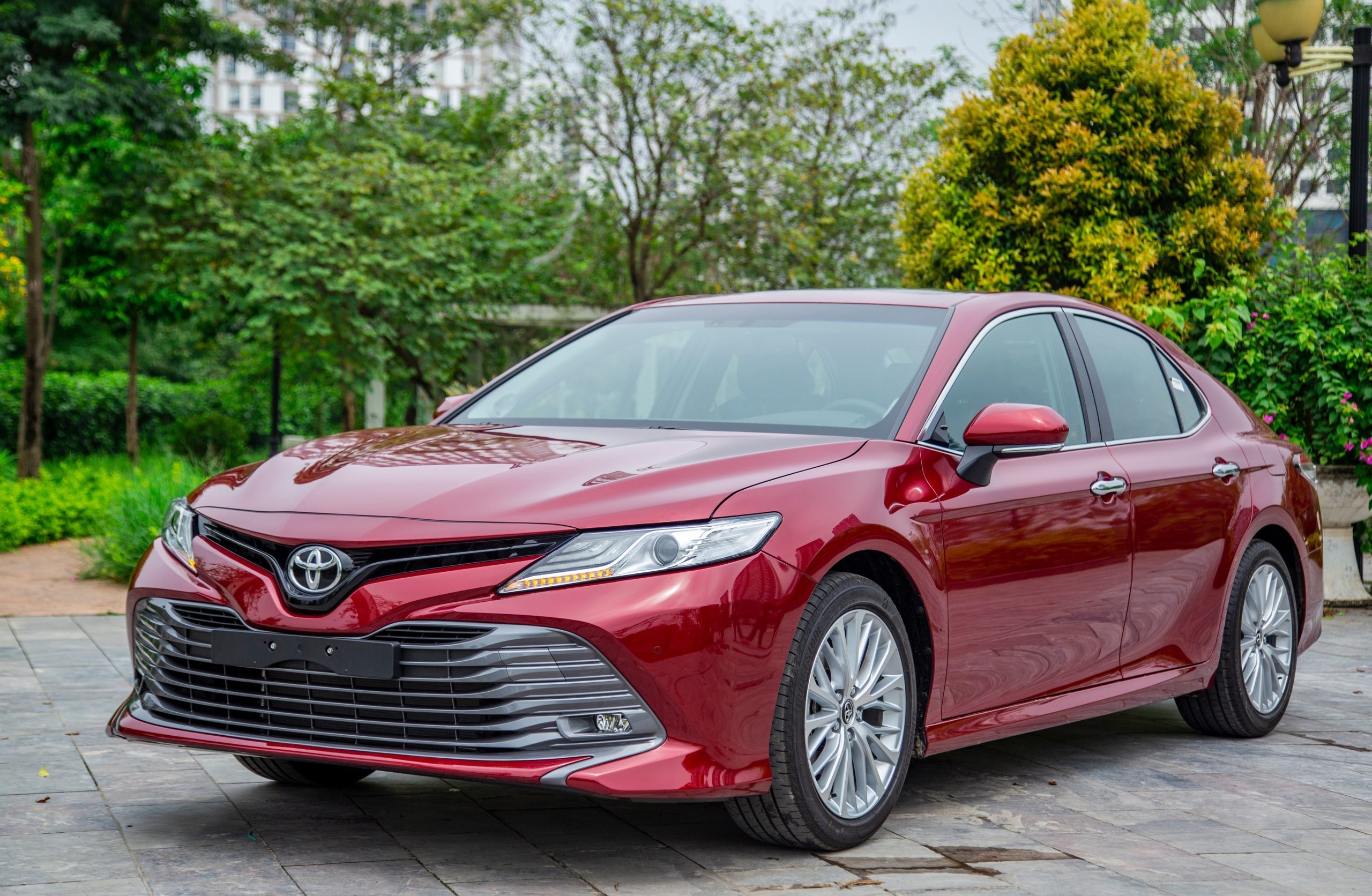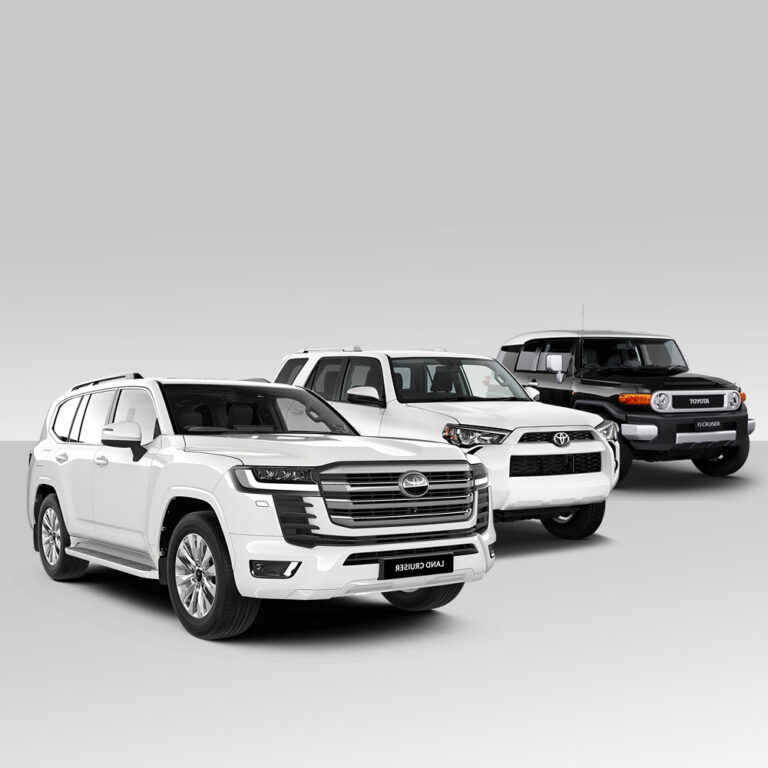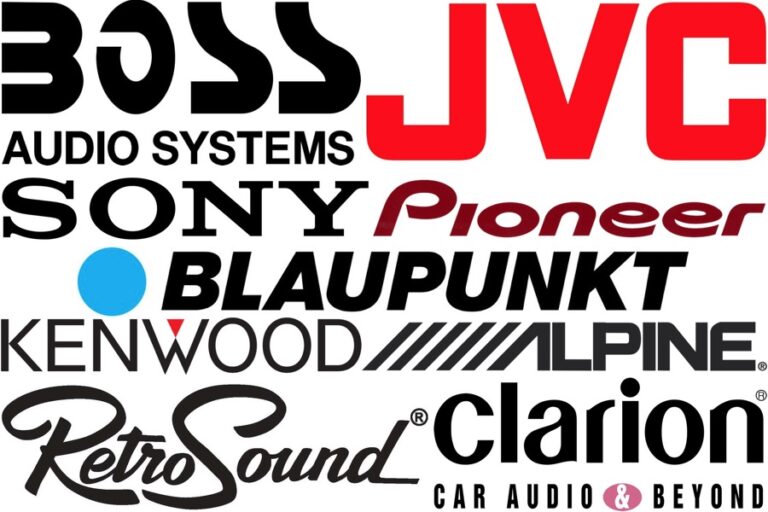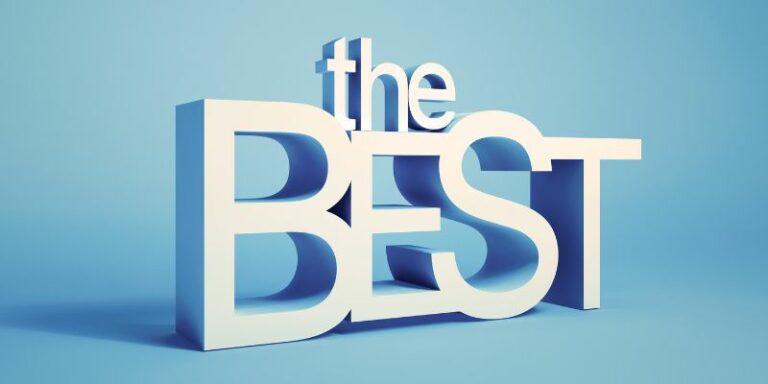Car Brands Starting With B: A Comprehensive Guide to Automotive Excellence
Car Brands Starting With B: A Comprehensive Guide to Automotive Excellence cars.truckstrend.com
The automotive world is a vast tapestry of innovation, luxury, performance, and utility, woven together by hundreds of brands from every corner of the globe. Among these, a significant and remarkably diverse group proudly bears names beginning with the letter ‘B’. From iconic German engineering to British bespoke luxury, American mass-market appeal, and Chinese electric vehicle leadership, car brands starting with ‘B’ represent a microcosm of the entire industry. This article delves deep into these fascinating marques, exploring their histories, distinguishing characteristics, key models, and their profound impact on the global automotive landscape. Whether you’re an aspiring owner, a curious enthusiast, or simply seeking to broaden your automotive knowledge, join us on a journey through the captivating world of ‘B’ car brands.
The German Powerhouses: Precision, Performance, and Heritage
Car Brands Starting With B: A Comprehensive Guide to Automotive Excellence
When one thinks of ‘B’ car brands, the first that often comes to mind is an emblem of German precision and driving dynamics.
BMW (Bayerische Motoren Werke AG)
History and Identity: Founded in 1916, BMW initially produced aircraft engines before transitioning to motorcycles and eventually automobiles. Headquartered in Munich, Germany, BMW has meticulously crafted a reputation as the "Ultimate Driving Machine." This ethos is deeply embedded in its engineering philosophy, emphasizing balanced weight distribution, powerful yet refined engines, and a driver-centric cockpit. BMW vehicles are synonymous with sporty handling, luxurious interiors, and cutting-edge technology.
Key Offerings and Innovations: BMW’s model lineup is extensive, ranging from compact sedans and hatchbacks to large SUVs and high-performance sports cars.
- Sedans: The 3 Series, 5 Series, and 7 Series are pillars of the luxury sedan segment, each offering a distinct blend of performance, comfort, and technology.
- SUVs (X Series): The X1 to X7 range provides versatile and luxurious Sports Activity Vehicles (SAVs), catering to families and those seeking elevated driving positions without compromising on dynamics.
- Performance (M Series): BMW’s M GmbH division elevates standard models into high-performance beasts, with iconic cars like the M3, M5, and M4 showcasing track-ready capabilities in a road-legal package.
- Electric Vehicles (i Series): BMW has been a pioneer in electrification with its ‘i’ sub-brand, featuring innovative models like the i3 (discontinued, but a segment leader in its time) and the popular iX, i4, and i7, pushing the boundaries of electric mobility with distinctive design and performance.
- Technological Prowess: BMW is known for innovations like iDrive infotainment system, ConnectedDrive services, advanced driver-assistance systems, and sophisticated engine technologies, including their iconic inline-six engines.

Market Position: BMW consistently ranks among the top-selling luxury car brands globally, competing fiercely with Mercedes-Benz and Audi. Its appeal lies in its ability to combine exhilarating driving experiences with premium comfort and status, attracting a diverse demographic of discerning drivers.
Borgward

History and Revival: Borgward was a prominent German automobile manufacturer founded by Carl F. W. Borgward in 1929. Known for innovative designs and engineering, it produced a range of successful cars, including the Isabella, before ceasing operations in 1961 due to financial difficulties.
In a surprising turn, the brand was revived in the 21st century with significant Chinese investment, primarily by Foton Motor (a subsidiary of BAIC Group). The resurrected Borgward aimed to blend German heritage with modern Chinese manufacturing capabilities.
Modern Offerings and Challenges: The new Borgward focused primarily on SUVs for the Chinese market, such as the BX5 and BX7, attempting to position itself as a premium brand. While the revival generated initial interest, the brand struggled to gain significant traction against established competitors and ultimately faced new financial challenges, leading to further uncertainty about its future. Borgward serves as a compelling case study of the difficulties in reviving a heritage brand in a highly competitive global market.
British Elegance and Engineering: Craftsmanship and Exclusivity
Britain has long been synonymous with luxury and bespoke automotive craftsmanship, and the ‘B’ brands from the UK exemplify this tradition.

Bentley Motors Limited
History and Identity: Founded in 1919 by W.O. Bentley, Bentley Motors quickly established a reputation for powerful, racing-winning cars, particularly at Le Mans. After financial troubles, it was acquired by Rolls-Royce and eventually became part of the Volkswagen Group in 1998. Despite ownership changes, Bentley has meticulously preserved its identity as a purveyor of ultra-luxury vehicles that blend exquisite craftsmanship with formidable performance.
Key Offerings and Characteristics: Bentley cars are handcrafted masterpieces, characterized by their opulent interiors, powerful engines, and a distinctive blend of sporting prowess and unparalleled comfort.
- Continental GT: A grand tourer that combines elegant design with immense power, available as a coupe or convertible.
- Flying Spur: A luxurious four-door sedan that offers limousine-like comfort with the performance of a sports car.
- Bentayga: Bentley’s ultra-luxury SUV, which redefined the segment by offering off-road capability alongside supreme luxury and performance.
- Mulsanne (Discontinued): The pinnacle of Bentley’s traditional luxury, a large, handcrafted saloon.
- Signature Features: Rich wood veneers, hand-stitched leather, knurled metal controls, and powerful W12 or V8 engines are hallmarks of the Bentley experience.
Market Position: Bentley operates in the elite ultra-luxury segment, competing with brands like Rolls-Royce and Maybach. It caters to an exclusive clientele who demand the highest levels of luxury, personalization, and performance.
Bristol Cars
History and Identity: Bristol Cars was a small, independent British luxury car manufacturer that operated from 1945 to 2011. Emerging from the Bristol Aeroplane Company, its vehicles often featured advanced engineering for their time, including aerodynamic designs and lightweight construction. Bristol cars were known for their exclusivity, hand-built nature, and often unconventional styling, appealing to a very niche and loyal clientele.
Unique Approach and Legacy: Unlike mass-market manufacturers, Bristol never produced cars in large volumes, preferring a bespoke approach. They were often sold directly from their showroom in Kensington, London, bypassing traditional dealerships. Models like the 400 series, Britannia, Blenheim, and Fighter showcased their commitment to unique engineering and luxurious appointments. While the company faced various financial challenges and effectively ceased production in 2011, there have been sporadic attempts at revival, highlighting the enduring appeal of its distinct heritage. Bristol remains a fascinating chapter in British automotive history, embodying a truly bespoke approach to car manufacturing.
Beyond the Mainstream: Hypercars, American Icons, and Chinese Challengers
The ‘B’ cohort extends further, encompassing brands known for extreme performance, enduring mass-market presence, and rapid global expansion.
Bugatti
History and Identity: Founded in 1909 by Ettore Bugatti in Molsheim (then part of Germany, now France), Bugatti is legendary for producing some of the most exquisite and technologically advanced automobiles in history, both for racing and luxury. The original company ceased operations after World War II. In 1998, the brand was acquired by the Volkswagen Group, ushering in a new era of hypercar dominance.
Hypercar Prowess: Modern Bugatti vehicles are engineering marvels designed for unparalleled speed and luxury.
- Veyron: Introduced in 2005, the Veyron was the first production car to break the 1,000 horsepower barrier and held the record for the world’s fastest production car.
- Chiron: Successor to the Veyron, the Chiron continues to push boundaries with its quad-turbo W16 engine, delivering over 1,500 horsepower and mind-boggling acceleration.
- Limited Production and Exclusivity: Bugatti produces cars in extremely limited numbers, making them highly sought-after collector’s items. Each vehicle is a blend of art, engineering, and extreme performance, setting new benchmarks for speed, power, and luxury.
Market Position: Bugatti exists at the absolute apex of the automotive world, catering to an ultra-exclusive clientele for whom cost is no object, and only the most extreme performance and luxury will suffice.
Buick
History and Identity: Buick is one of America’s oldest and most enduring automotive brands, founded by David Dunbar Buick in 1899 and becoming the cornerstone of the General Motors (GM) corporation in 1908. Historically, Buick occupied a "near-luxury" position within GM’s hierarchy, bridging the gap between mainstream Chevrolet and premium Cadillac. It was known for its comfortable ride, quiet cabins, and distinctive styling, often referred to as "doctor’s cars" in its heyday.
Modern Focus and Global Presence: While its presence in North America has streamlined, Buick remains incredibly popular in China, where it is often perceived as a premium brand.
- Current Lineup: Buick’s contemporary lineup primarily consists of SUVs and crossovers like the Enclave, Envision, and Encore, alongside a few sedans (especially in China).
- Focus on Premium Utility: Modern Buicks emphasize refined interiors, advanced technology, comfortable rides, and attractive designs, offering a premium experience without the full luxury price tag.
Market Position: Buick serves as a premium mainstream brand, offering more upscale features and comfort than typical mass-market vehicles while being more accessible than full luxury brands. Its strong foothold in the Chinese market is critical to its global strategy.
BYD Auto (Build Your Dreams)
History and Identity: BYD Co. Ltd. is a Chinese multinational manufacturing company founded in 1995 as a battery manufacturer. It diversified into the automotive industry in 2003, establishing BYD Auto. Over the past two decades, BYD has rapidly risen to become a global leader in new energy vehicles (NEVs), including battery electric vehicles (BEVs) and plug-in hybrid electric vehicles (PHEVs).
Innovation in Electrification: BYD’s core strength lies in its pioneering battery technology, most notably the "Blade Battery," which offers enhanced safety, durability, and energy density.
- Diverse Product Range: BYD offers a wide array of NEVs, from compact sedans and SUVs (e.g., Atto 3, Seal, Han) to buses and commercial vehicles.
- Vertical Integration: BYD’s vertical integration, from battery production to vehicle manufacturing, gives it a significant competitive edge in cost control and supply chain management.
Market Position: BYD has surpassed many legacy automakers and even challenged Tesla for the top spot in global EV sales, particularly in its domestic market. Its focus on affordability, range, and advanced battery technology makes it a formidable force in the rapidly expanding EV market.
Brilliance Auto
History and Identity: Brilliance Auto Group is a Chinese state-owned automobile manufacturer founded in 1991. It is best known for its joint venture with BMW (BMW Brilliance Automotive), which produces BMW vehicles for the Chinese market. This partnership has significantly contributed to BMW’s success in China.
Product Range and Partnerships: Beyond its joint ventures, Brilliance also produces its own brand of passenger cars, SUVs, and commercial vehicles, often focusing on affordability and practicality for the domestic market. While its own-brand vehicles have had limited international exposure, its role in enabling foreign brands to enter the vast Chinese market underscores its importance.
Important Considerations for Buyers and Enthusiasts
Exploring car brands starting with ‘B’ reveals a fascinating array of choices. Here are some key considerations:
- Brand Heritage and Values: Each ‘B’ brand carries a distinct legacy. BMW emphasizes driving dynamics, Bentley epitomizes bespoke luxury, Bugatti pushes performance extremes, and BYD champions electric innovation. Understanding these core values helps in appreciating their offerings.
- Performance vs. Luxury vs. Utility: The spectrum is broad. Are you seeking exhilarating speed (Bugatti, BMW M), unparalleled comfort and craftsmanship (Bentley), reliable daily transport (Buick), or cutting-edge green technology (BYD)?
- Technological Innovation: From BMW’s advanced infotainment and driver-assistance systems to BYD’s battery breakthroughs, ‘B’ brands are often at the forefront of automotive technology. Consider what innovations are most important to you.
- Market Position and Target Audience: Be aware of where each brand sits in the market. Ultra-luxury brands come with high purchase and maintenance costs, while mainstream premium brands offer a more accessible entry point.
- Ownership Experience: This includes the dealer network, availability of parts, maintenance costs, and potential resale value. Owning a niche brand like a Bristol or a hypercar like a Bugatti will be a vastly different experience than owning a BMW or Buick.
Tips for Exploring "B" Brands
- Define Your Priorities: Before diving in, list what you value most in a car: performance, luxury, fuel efficiency, technology, space, or budget.
- Research Thoroughly: Utilize online reviews, expert analyses, and owner forums to gain a comprehensive understanding of specific models and their long-term reliability.
- Test Drive Multiple Models: Experiencing the vehicles firsthand is crucial. Pay attention to driving dynamics, interior comfort, technology integration, and overall feel.
- Consider Total Cost of Ownership: Beyond the purchase price, factor in insurance, maintenance, fuel/charging costs, and depreciation. Luxury and performance cars often have higher running costs.
- Explore Certified Pre-Owned (CPO) Options: For premium brands like BMW and Bentley, CPO programs can offer significant savings while providing warranty coverage and peace of mind.
Potential Challenges and Solutions
While "B" brands offer immense appeal, potential challenges exist, particularly for luxury and high-performance models:
- High Purchase and Operating Costs: Luxury and hypercars are inherently expensive to buy, insure, and maintain.
- Solution: Budget meticulously, consider CPO vehicles, and research specialized independent mechanics for post-warranty service to potentially reduce costs.
- Complexity of Technology: Modern vehicles are packed with sophisticated electronics and systems, which can be expensive to repair if issues arise.
- Solution: Opt for extended warranties or service plans, and ensure your chosen service center has certified technicians experienced with the brand’s specific technology.
- Parts Availability and Cost (Niche/Historical Brands): For brands like Bristol or older Bugattis, finding specific parts can be challenging and costly.
- Solution: Connect with owner communities and specialist restorers who often have networks for sourcing rare parts or can custom-fabricate them.
- Rapid Evolution of EVs: For brands like BYD, the rapid pace of EV development means models can become outdated quicker in terms of range or charging speeds.
- Solution: Stay informed about battery technology advancements and consider future-proofing features where possible, but also embrace the fact that technology evolves quickly.
Price Table: Car Brands Starting With B (Estimated Starting Prices)
| Brand | Model | Type | Starting Price Range (USD) | Key Feature / Highlight |
|---|---|---|---|---|
| BMW | 3 Series Sedan | Luxury Compact Sedan | $45,000 – $65,000 | Ultimate Driving Machine, Sporty Dynamics |
| Bentley | Continental GT | Ultra-Luxury Grand Tourer | $250,000 – $350,000 | Exquisite Handcraftsmanship, Powerful W12/V8 Engine |
| Bugatti | Chiron | Hypercar | $3,000,000+ | Extreme Performance (1500+ HP), Unparalleled Exclusivity |
| Buick | Envision | Premium Compact SUV | $32,000 – $45,000 | Quiet Ride, Comfortable Interior, Value Proposition |
| BYD Auto | Atto 3 (Yuan Plus) | Electric Compact SUV | $30,000 – $45,000 | Blade Battery Technology, Competitive EV Range |
| Borgward | BX7 (older model) | Mid-size SUV | N/A (Limited availability) | Attempted Revival of German Heritage, Chinese Production |
| Brilliance | V7 (older model) | Mid-size SUV | N/A (Chinese market focus) | Affordable Family SUV, JV with BMW (China) |
Note: Prices are approximate starting MSRPs for new models and can vary significantly based on trim levels, options, region, and market conditions. Some brands/models listed are primarily active in specific markets or are historical.
Frequently Asked Questions (FAQ) about Car Brands Starting With B
Q1: Which ‘B’ brand is considered the most luxurious?
A1: Bentley is widely regarded as the pinnacle of luxury among ‘B’ brands, known for its bespoke craftsmanship, opulent interiors, and high level of personalization. Bugatti also offers extreme luxury, but its primary focus is on unparalleled performance and exclusivity.
Q2: Which ‘B’ brand offers the best performance?
A2: Bugatti undoubtedly holds the crown for ultimate performance, with its hypercars setting world records for speed and acceleration. BMW, particularly its M division, offers exceptional performance cars for a broader market, balancing track capabilities with daily usability.
Q3: Are all ‘B’ car brands expensive and exclusive?
A3: No. While Bentley, Bugatti, and the upper echelons of BMW are indeed premium or exclusive, brands like Buick offer more accessible premium vehicles. BYD Auto is a strong contender in the mainstream electric vehicle market, focusing on value and cutting-edge battery technology.
Q4: What are the emerging trends for ‘B’ car brands?
A4: Electrification is the dominant trend, with BYD leading the charge and BMW rapidly expanding its ‘i’ series EV lineup. Autonomy, advanced connectivity features, and sustainable manufacturing practices are also key areas of focus across many of these brands.
Q5: Is it difficult and expensive to maintain a ‘B’ brand car?
A5: It depends on the brand. Luxury and performance ‘B’ brands like Bentley and BMW generally have higher maintenance costs due to specialized parts, complex engineering, and the need for certified technicians. Mainstream brands like Buick and BYD typically have more manageable maintenance expenses, though EV maintenance differs from ICE vehicles.
Q6: What makes BMW stand out from other luxury brands?
A6: BMW’s primary differentiator is its emphasis on driving dynamics and performance. Often referred to as the "Ultimate Driving Machine," BMW vehicles prioritize driver engagement, precise handling, and powerful engines, alongside luxury and technology.
Conclusion
The realm of car brands starting with ‘B’ is as diverse and dynamic as the automotive industry itself. From the precision engineering and driving pleasure of BMW to the handcrafted opulence of Bentley, the record-breaking speeds of Bugatti, the enduring American comfort of Buick, and the revolutionary electric mobility solutions from BYD, these brands collectively represent the vast spectrum of automotive innovation and ambition. They tell stories of heritage, reinvention, and pioneering spirit.
Understanding these brands offers more than just knowledge of car models; it provides insight into engineering philosophies, market strategies, and the evolving desires of car buyers worldwide. Whether you’re drawn to their storied pasts, their current technological prowess, or their promising futures, the ‘B’ brands continue to shape and define the automotive landscape, pushing boundaries and inspiring generations of enthusiasts.





